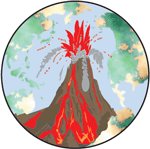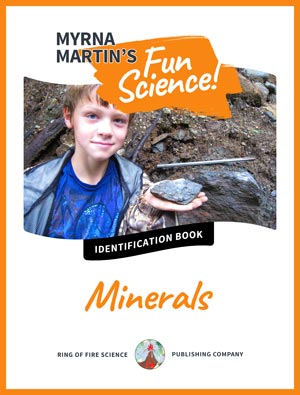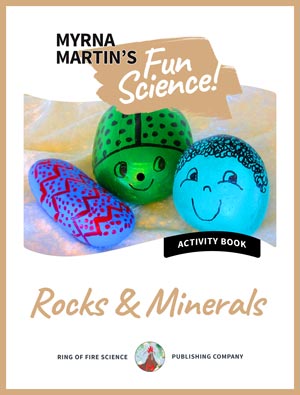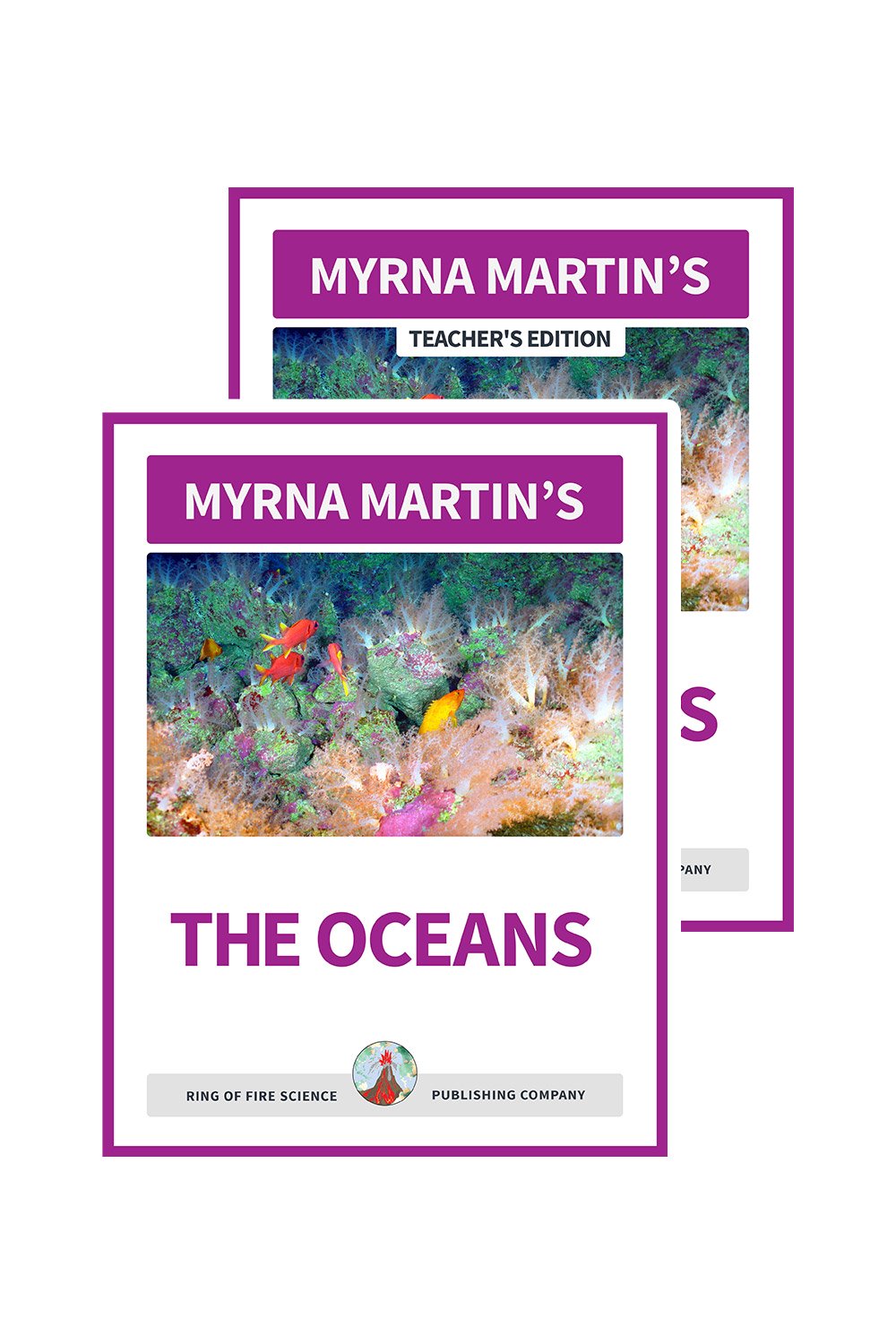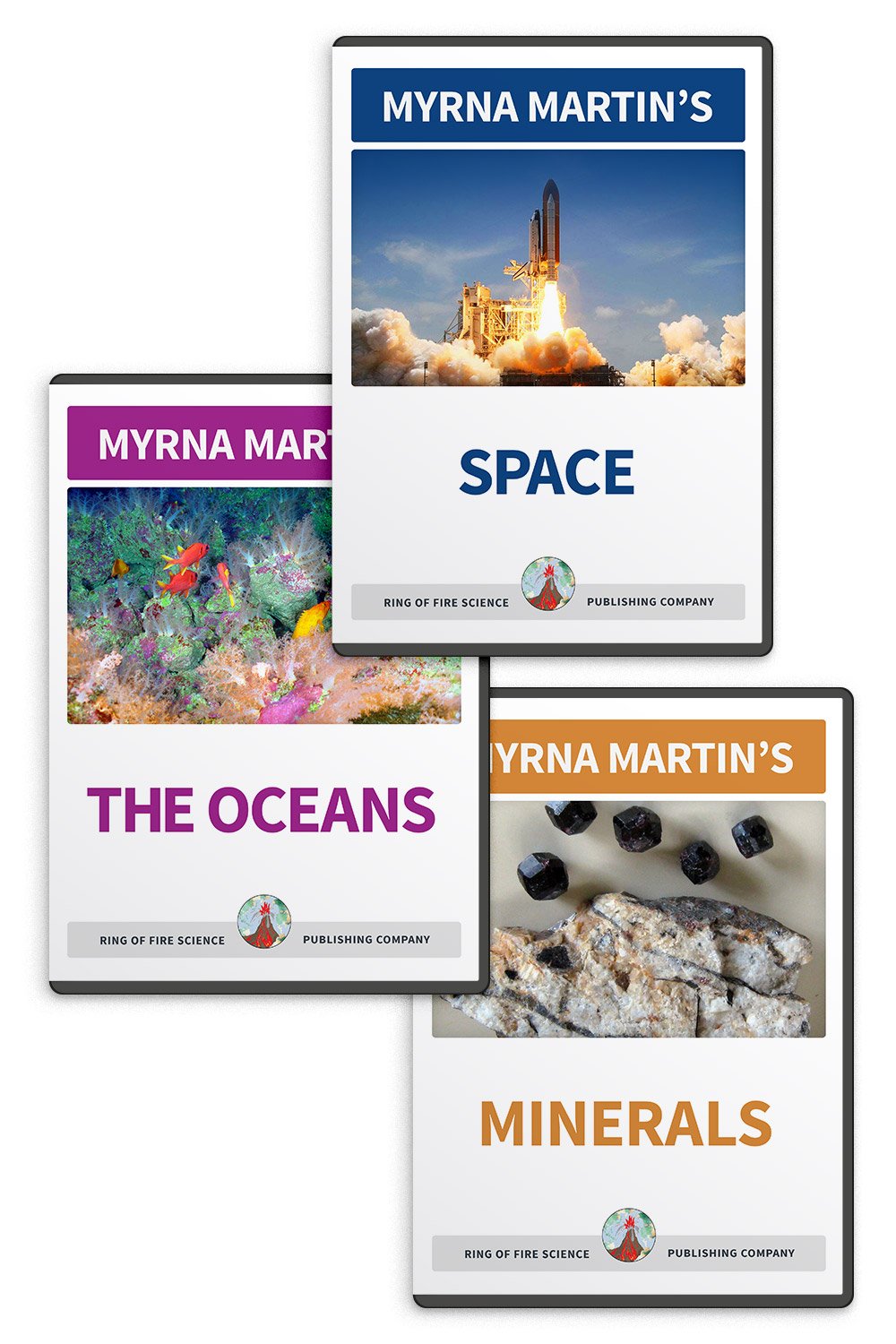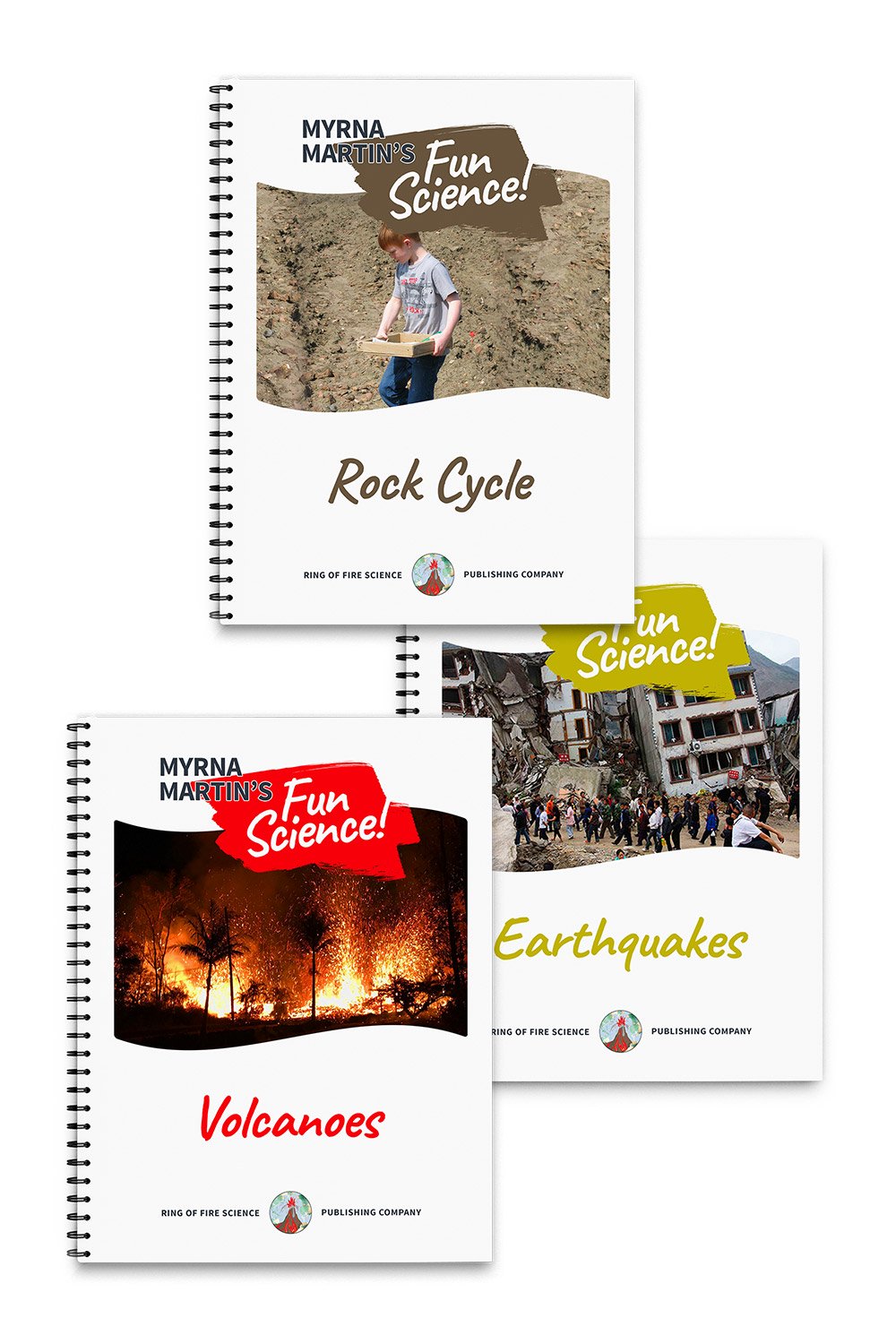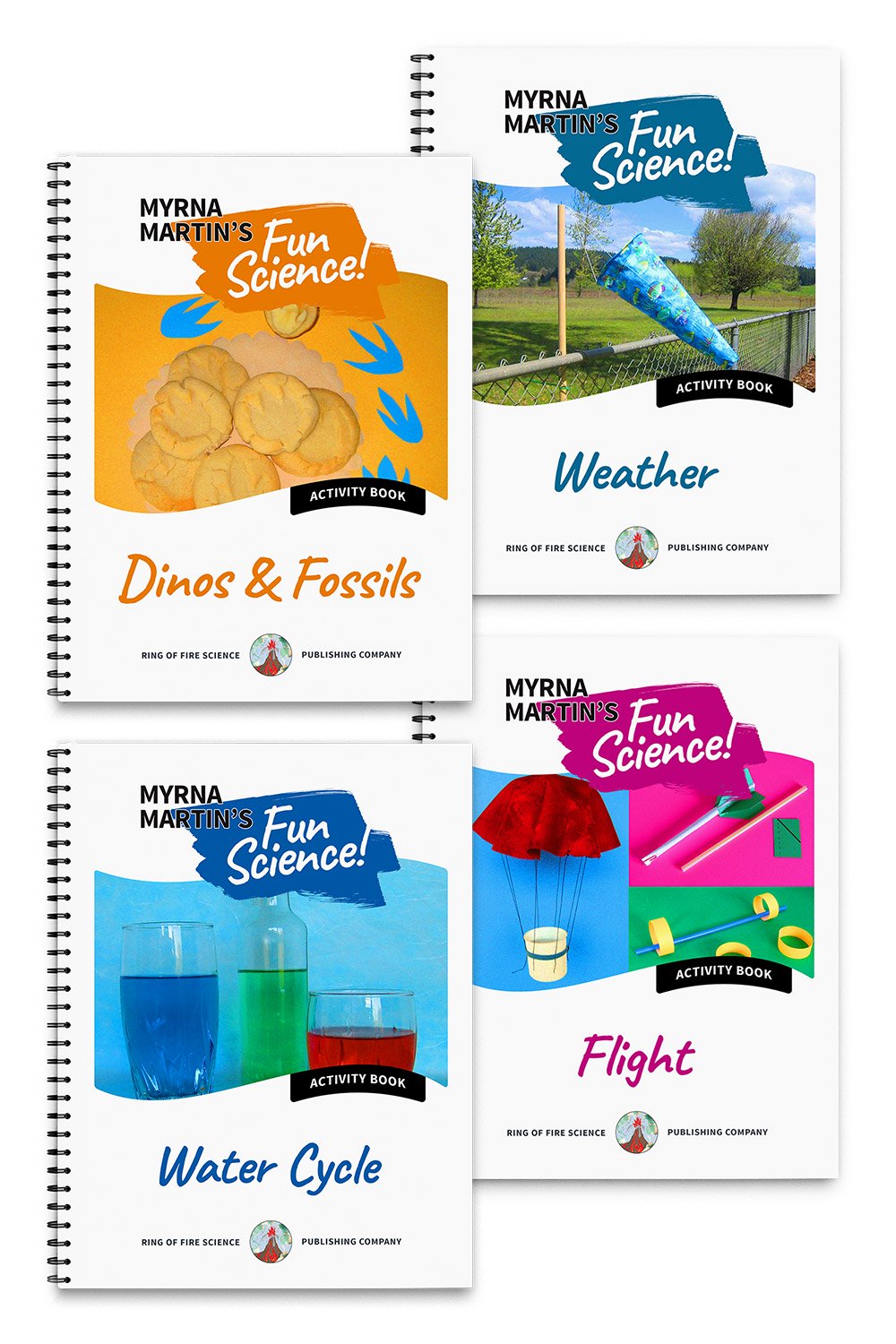Kids Science Newsletter
Our kids science newsletter comes out at the first of each month. It is designed for anyone interested in science. These are the features you will find in the newsletter each month.
- Question of the month
- Current Science Events
- Science Trivia
- Science activity or experiment
Sample Science Newsletter
Question of the Month
Do you know what is the fastest flying insect? (answer at the bottom of the page)
Science Current Events
- Animals frolicking beneath Antarctica NASA took a two minute video beneath the Antarctic ice cap recently. Scientists expected to find some microscopic life 600 feet below the surface of the Antarctic ice cap and instead found two animals that appeared to be frolicking in the ocean during the short video. One was a 3-inch shrimp like animal and the other was a jellyfish.
- An Icelandic volcano begins erupting after 200 years A volcano on the island of Iceland began erupting. The volcano is near a glacier. It was feared the volcano could melt part of the glacier, which is the fifth largest in Iceland creating major flooding on the island. Iceland sets on the Mid-Atlantic Ridge and has a major volcanic eruption about once every 5 years.
- Methane bubbles up as permafrost melts Students at the University of Alaska were studying the methane bubbling up where the permafrost is melting in the Arctic on the Seward Peninsula. They took a cigarette lighter and started a fire as methane gases spewed out of a hole in the permafrost that had melted.
Science Trivia
- Jelly fish are not really fish because they don't have a backbone. They are underwater creatures with tentacles and a jelly-like body shaped like a bowl turned upside down. The Portuguese man-of-war has tentacles that can be more than 100 feet long. The tentacles contain poison used to catch the prey they eat. If you brush against a Portuguese man-of-war while swimming it will release venom that will cause you a great deal of pain.
- Peanuts are upside down nuts! Nuts are really the seeds of a plant. Seeds normally grow toward the sun. The peanut's seed pod instead of growing upward toward the sun grows downward into the soil where it ripens underground.
Simple Science Activity
Balancing Act
Introduction
Every objects has a center of gravity. In this activity students will find the center of gravity of a spoon and fork.
Materials
- Spoon and fork
- Ballpoint pen or pencil
Directions
- Joint the spoon and fork by sliding the spoon through the tines of the fork.
- Place the ballpoint pen beneath the fork and spoon so it balances.
- Now balance the fork and spoon on the eraser of the pencil. Determine if the spoon and fork are more stable on the pencil lead or eraser.
Science Behind the Experiment
The center of gravity of the
spoon and fork is below the base of support, which in this activity is
the point of the pencil lead or the pencil eraser. The eraser is more
stable than the pencil point because it has a larger base of support.
Answer to the question of the month
The dragonfly is the fastest insect. It can fly more than 30 miles per
hour. It beats its wings between 25 and 40 times per second as it
travels through the air.
More Science News and Articles
Back issues of Kids Science Newsletter This links you to the back issues of our Kids Science Newsletter that have previously been published.
Science Articles for Kids - Includes information about the Sun’s magnetic poles changing, tourist in space, a two-toned lobster, Kepler telescope discoveries and our science newsletter for kids.
Science Current Events – Sun’s Magnetic Poles The Sun’s magnetic poles switch polarity once every eleven years. This is due to occur in the next few months.
Current Events in Earth Science – Space Tourists Virgin Galactic’s Space Ship Two (SS2) flew over the Mojave Desert in California on September 5, 2013. Virgin Galactic’s goal is to fly tourists into space by 2014.
Kids Current Events – Two-toned Lobster A rare two-toned lobster was caught off the coast of Maine. It is estimated that only 1 in 50 million lobsters will have this coloration.
Current Events in Science – Kepler’s Space Telescope NASA’s top planet hunting telescope was launched on March 6, 2009. The telescope has found thousands of planets outside our Solar System since it was launched.
Science Trivia page includes information about the discovery of Pluto, cave formation, Mammoth Cave, bones of the human skeleton, Genghis Khan, industrial revolution, spinning jenny and much more.
Science Inventions The first navigation system was developed for captains sailing in foggy conditions to keep ships from colliding in the fog. The US Military developed an improved system in 1939.
Kids Science Newsletter Our FREE kids science newsletter is published each month during the school year. The newsletter includes science news, trivia, question of the month, and a fun activity. Check out a sample of our newsletter on this page.
KIDS FUN Science Bookstore
Check out Myrna Martin's award winning textbooks, e-books, videos and rock sets. The Kids Fun Science Bookstore covers a wide range of earth science topics. Click here to browse.



